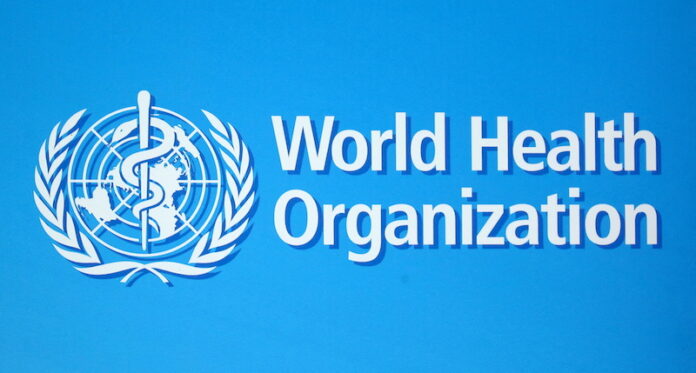
The World Health organisation (WHO) has urged its 194 Member States to actively engage in awareness campaigns, promote screening and encourage Human Papillomavirus (HPV) vaccination among their young women.
Dr Matshidiso Moeti, WHO Regional Director for Africa made the call in her message to mark the Cervical Cancer Awareness Month.
The month with theme “Learn. Prevent. Screen” which is been celebrated every January, emphasises the necessity of educating people with knowledge about minimising cervical cancer risks and the life-saving importance of regular screenings
Moeti said that in 2023, WHO launched a three-year project to integrate breast and cervical cancer services into primary health care services.
According to her, regarding screening, WHO is supporting countries in the region to move toward screening for the presence of HPV as a pointer towards the possible presence of cervical cancer.
She said 16 countries are using the technique, and a major breakthrough in screening was the use of self-sampling kits that test for HPV.
“This can be done at community health centres, as is happening in Kenya, and means that women do not have to travel to larger centres.
“I will urge all countries in the region to actively engage in awareness campaigns, promote screening and encourage HPV vaccination among their young women.
“As we start 2024, let’s keep cervical cancer high on our agenda. My message is clear: first, cervical cancer can be prevented and it can be cured.
“Everyone needs to be aware of the disease, what causes it and how it can be prevented.
“Second, there is no one intervention that will achieve this – we need to harness a range of techniques and approaches.
“Third, the WHO Regional Office for Africa will continue to work with our countries and a range of partners and stakeholders to accelerate action against cervical cancer and ensure that no woman in Africa needs to be diagnosed with this devastating disease,” she said.
Moeti said that another move towards accelerating the introduction of the life-saving HPV vaccine was towards using only one dose shown to be highly effective.
She said that it also meant that young women are less likely to drop out of the vaccine schedule.
Already, she said, four countries have adopted the single dose vaccine.
“The region overall, is scaling up and increasing HPV vaccine coverage in the target populations, which is highly encouraging,” Moeti said.
She said that in 2020, 100,000 women in the region were diagnosed with cervical cancer, resulting in 70,000 deaths, constituting 21 per cent of global cervical cancer mortality.
According to her, the crisis disproportionately affects vulnerable communities, demanding immediate attention.
Moeti emphasised on the urgency of addressing these pressing issues, highlighting three key campaign messages: be informed, get screened, and get vaccinated.
“Young women, especially, need awareness about the link between cervical cancer and the HPV responsible for 99 per cent of cases transmitted during sex.
“In spite of the significant gaps in knowledge and access to screening, the WHO African Region is actively combating this burden.
“The 2021 public health framework targets specific goals, aiming to vaccinate 90 per cent of girls with the HPV vaccine by age 15, screen 70 per cent of women using a high-performance test at ages 35 and 45, and ensure timely treatment for those diagnosed,” she said.























